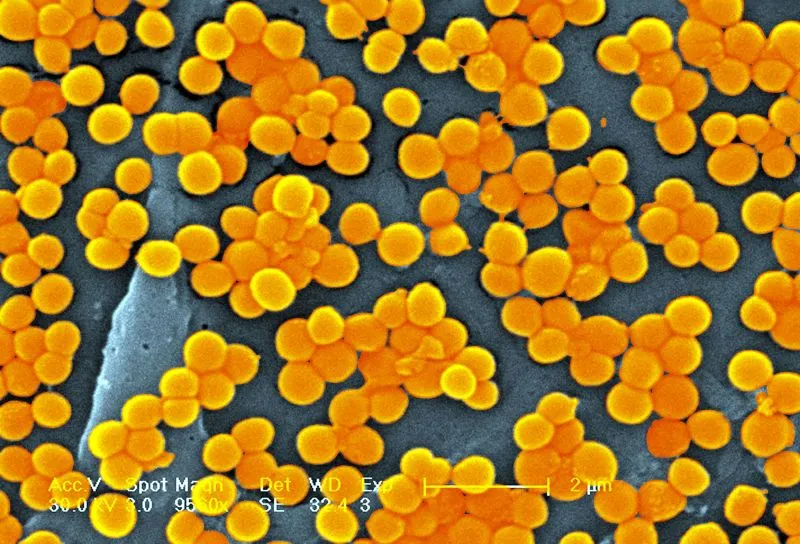Antimicrobial Resistance: A Global Health Emergency

Understanding Antimicrobial Resistance and Its Impact
Antimicrobial resistance (AMR) is a pressing global health issue, projected to result in nearly 39 million deaths worldwide by 2050. This crisis emerges when pathogens, including bacteria and fungi, develop resistance to medications designed to eliminate them.
The Rising Toll of AMR
The recent study published in The Lancet highlights alarming statistics, with an estimated 1.9 million deaths directly attributable to AMR by 2050. Significant increases in mortality rates have been observed, particularly among older adults.
- From 1990 to 2021, deaths from AMR in children under five fell by over 50%.
- In contrast, deaths among adults aged 70 and older increased by over 80%.
The trend shows the critical need for improving healthcare access and antibiotic stewardship globally.
Potential Solutions and Future Directions
- Invest in the development of new antibiotics.
- Promote proper use of existing antibiotics in healthcare.
- Enhance healthcare quality, especially in low-resource settings.
Samuel Kariuki from the Kenya Medical Research Institute urges targeted actions and investments to tackle AMR effectively.
A Call to Global Action
As the consequences of antimicrobial resistance loom, the necessity for effective public health policies and collaborative global efforts becomes increasingly clear. The data from the new study can drive the urgent actions needed around the world to mitigate the impacts of AMR.
Disclaimer: The information provided on this site is for informational purposes only and is not intended as medical advice. We are not responsible for any actions taken based on the content of this site. Always consult a qualified healthcare provider for medical advice, diagnosis, and treatment. We source our news from reputable sources and provide links to the original articles. We do not endorse or assume responsibility for the accuracy of the information contained in external sources.
This article was prepared using information from open sources in accordance with the principles of Ethical Policy. The editorial team is not responsible for absolute accuracy, as it relies on data from the sources referenced.